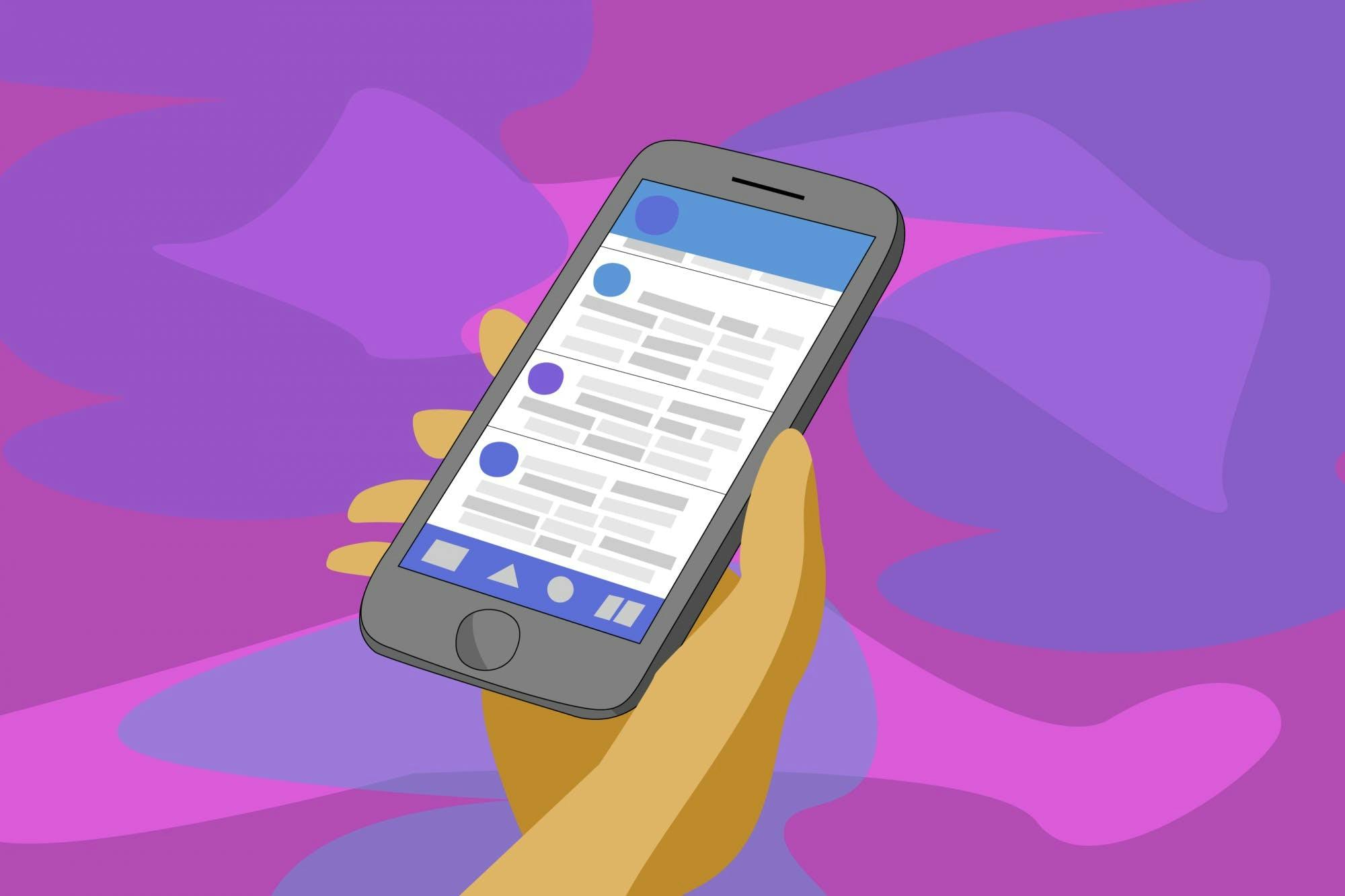I subscribe to Golden Age thinking, the wistful idea that life would be better in a different era. Like the delusional protagonist of a Woody Allen film, I tend to romanticize the past to cope with an unsatisfying reality. However, unlike other — potentially more devoted — romantics, I’m not attached to a specific decade.
On Monday, I’ll lust after New York City in the Roaring Twenties, where “the morals were looser, and the liquor was cheaper,” at least according to F. Scott Fitzgerald. Tuesday is for the midwestern ’70s — pretending I’m cruising in the bed of a pickup truck listening to The Rolling Stones. By Wednesday, I’m fixated on Paris in the ’90s, imagining myself sipping espresso in a street cafe with my Walkman cassette.
My idealization of the past is fueled by a disdain for the technology-driven present. I long for cursive postcards and paper maps, an era where film pictures were worth a thousand words — not a thousand pixels. I neglect to acknowledge that many, if not all, of the behaviors I romanticize are accessible today — I simply choose to engage in their digital counterparts. Nothing is stopping me from simulating the unplugged lifestyle I revere, so why don’t I just send it and log off?
At 11:55 p.m. on April 10, I powered off my phone and shoved it in a desk drawer. It remained out of service until the morning of April 18, approximately seven days and eight hours later.
Out of academic necessity, I used my laptop throughout the week. Out of social necessity, I allowed myself to check iMessage on my computer. After all, in the middle of one of Dartmouth’s breakneck 10-week terms, it’s impossible to go fully dark — no matter how much I aspire to imitate the past.
While the aesthetics of a phone-free lifestyle are one thing, the logistics are another. Subsisting without a phone resulted in many unanticipated technical difficulties: Waking up in time for class, dressing appropriately for the weather and communicating with friends became needlessly complicated. There is nothing more humbling than having to whip out your computer in Foco to check if you’re convening on dark side or light side. And don't even get me started on the DUO push.
Of course, there were many merits to my week of rest and technological deprivation. I unlocked four extra hours of free time to allocate towards work, recreational reading and sleep. Every time I felt the urge to check my phone, I’d pull up an assigned reading instead. While my productivity generally increased, I also found innovative ways to procrastinate. I obsessively refreshed my email and watched nightly movies. Without a productive plan for how to fill my free time, I slipped into new mindless habits.
I also incorporated healthy habits into my routine. I went to sleep earlier and, consequently, woke up earlier. At night I had vivid dreams that I remembered the following morning. Mindfulness seeped into unexpected facets of life. I found comfort in silence. I ate my food in smaller bites and took cold showers. I embraced the day hands-free. One night, I walked to my friend’s dorm with nothing but my student ID. It was liberating.
As a bystander, the prominence of wide-spread social media addiction was painful to watch. “Look up!” I wanted to scream at all of the students lying on the Green in 60-degree weather, scrolling through Instagram. Most frustrating are the assholes who refuse to put away their phone while I talk to them, seemingly more concerned with maintaining a Snapchat streak than a conversation. It’s ironic how disgustingly disconnected we are from one another as a result of apps intended to foster human connection. Instagram, Snapchat, TikTok — none of it is real. Yet we would rather collectively immerse ourselves in these artificial, digital platforms than engage with the world around us as it exists.
During my week unplugged, another irony revealed itself: How can I condemn society’s fixation on the screen when I’m equally fixated on the past? In my yearning for some utopic, unattainable Golden Age, I am just as disconnected from the present as any given screenager. It’s easy to coax myself into believing that my life would be perfect if I grew up in the ’90s, but the bitter truth is that life then was just as troubled as life today. Yeah, the cowl necks were cute, but the pervasive culture of sexism and racism most certainly wasn’t. The further back in time you go, the more problematic it gets.
If my phone detox taught me one thing, it was this: Technology is a tool, not a weapon. Individuals have full autonomy over how to use their phones, and it is up to us to exercise that control responsibly. When it comes to the iPhone, I hate the player, not the game.




